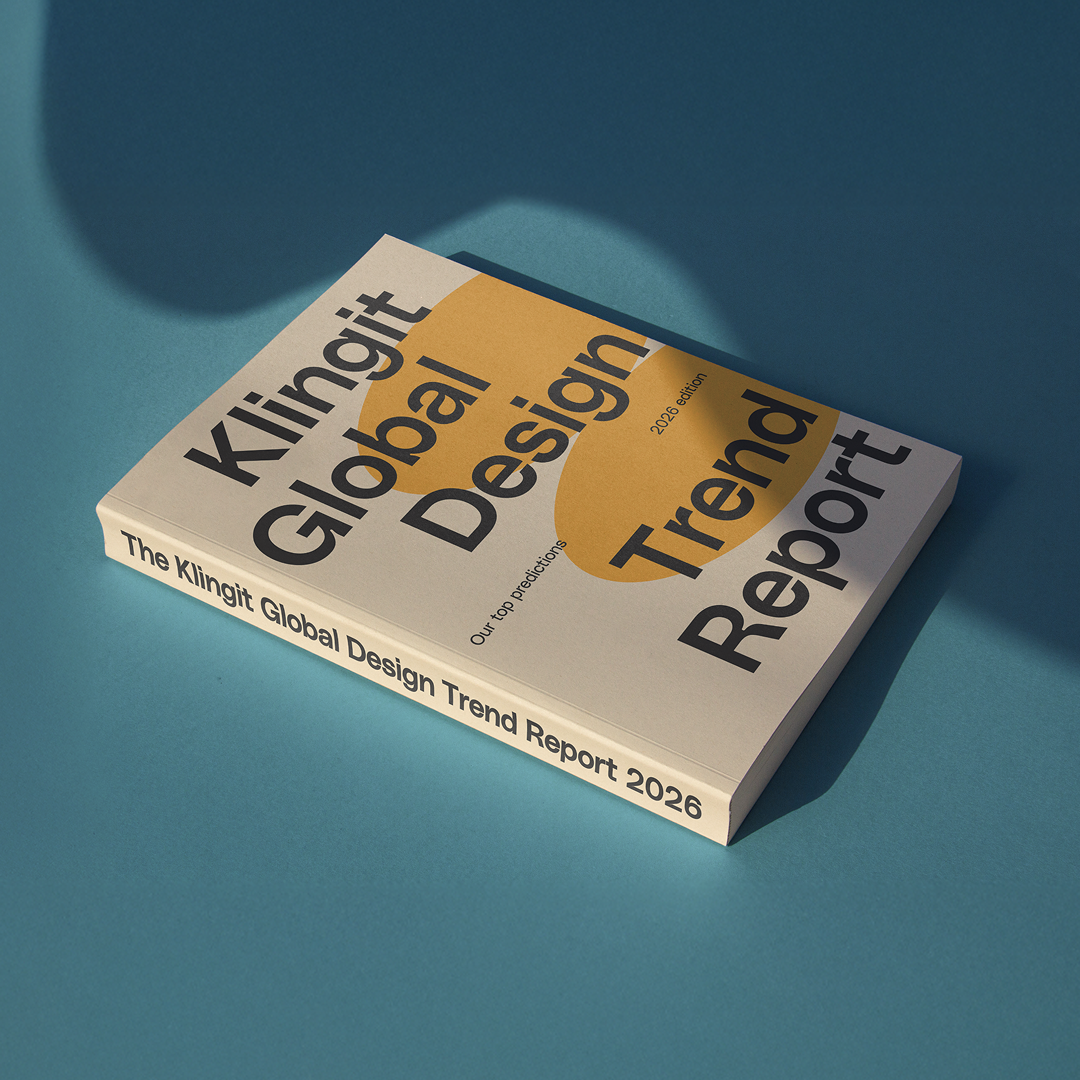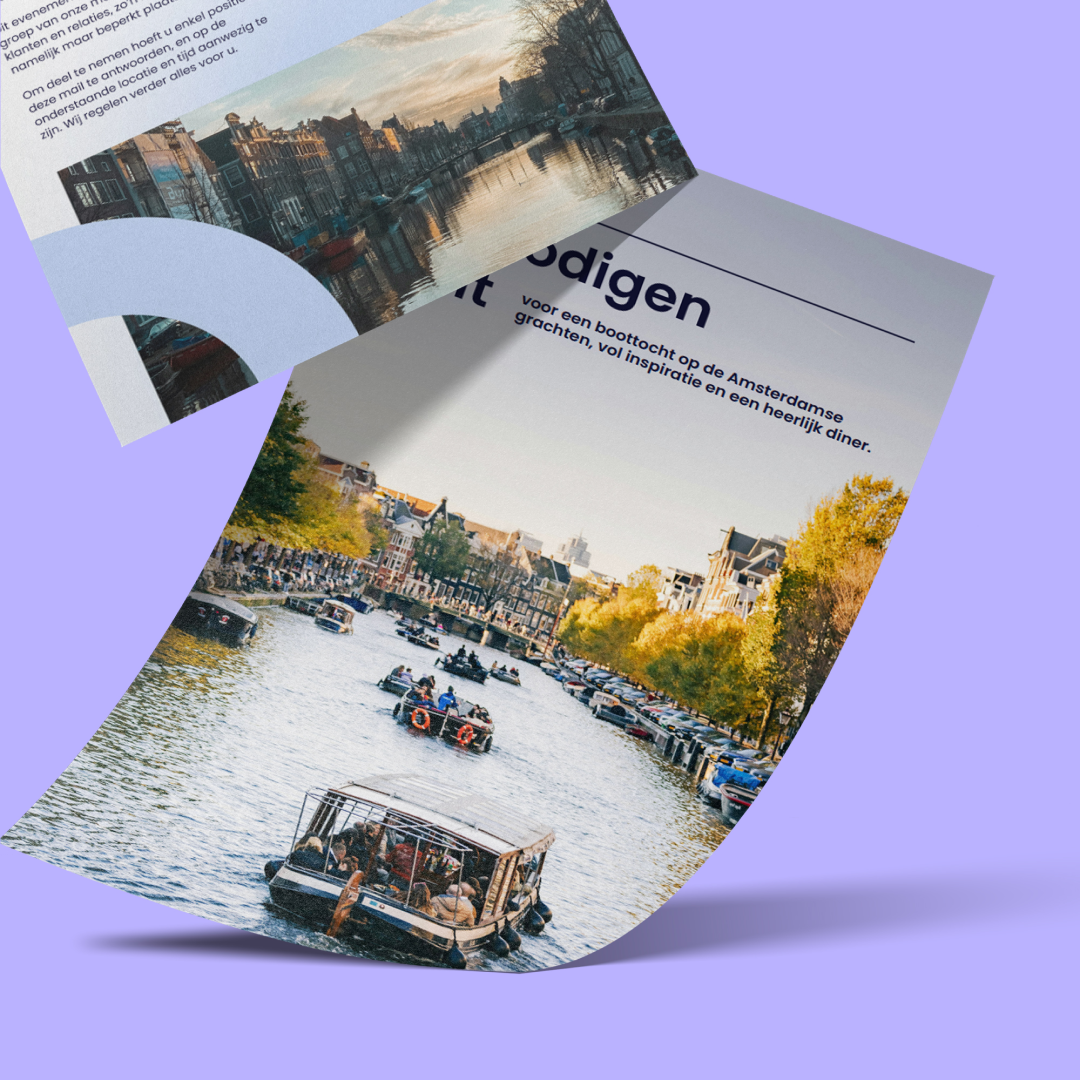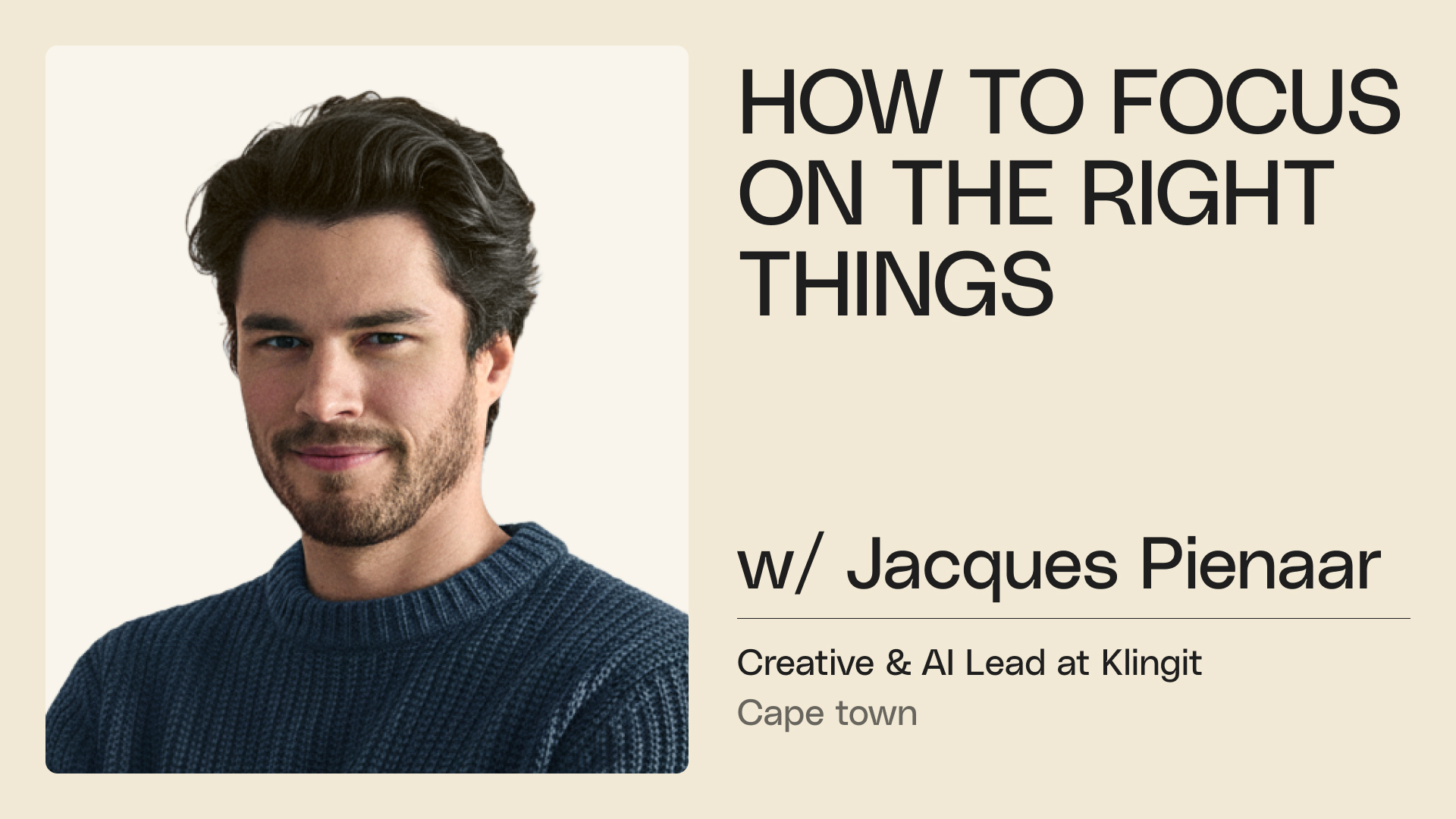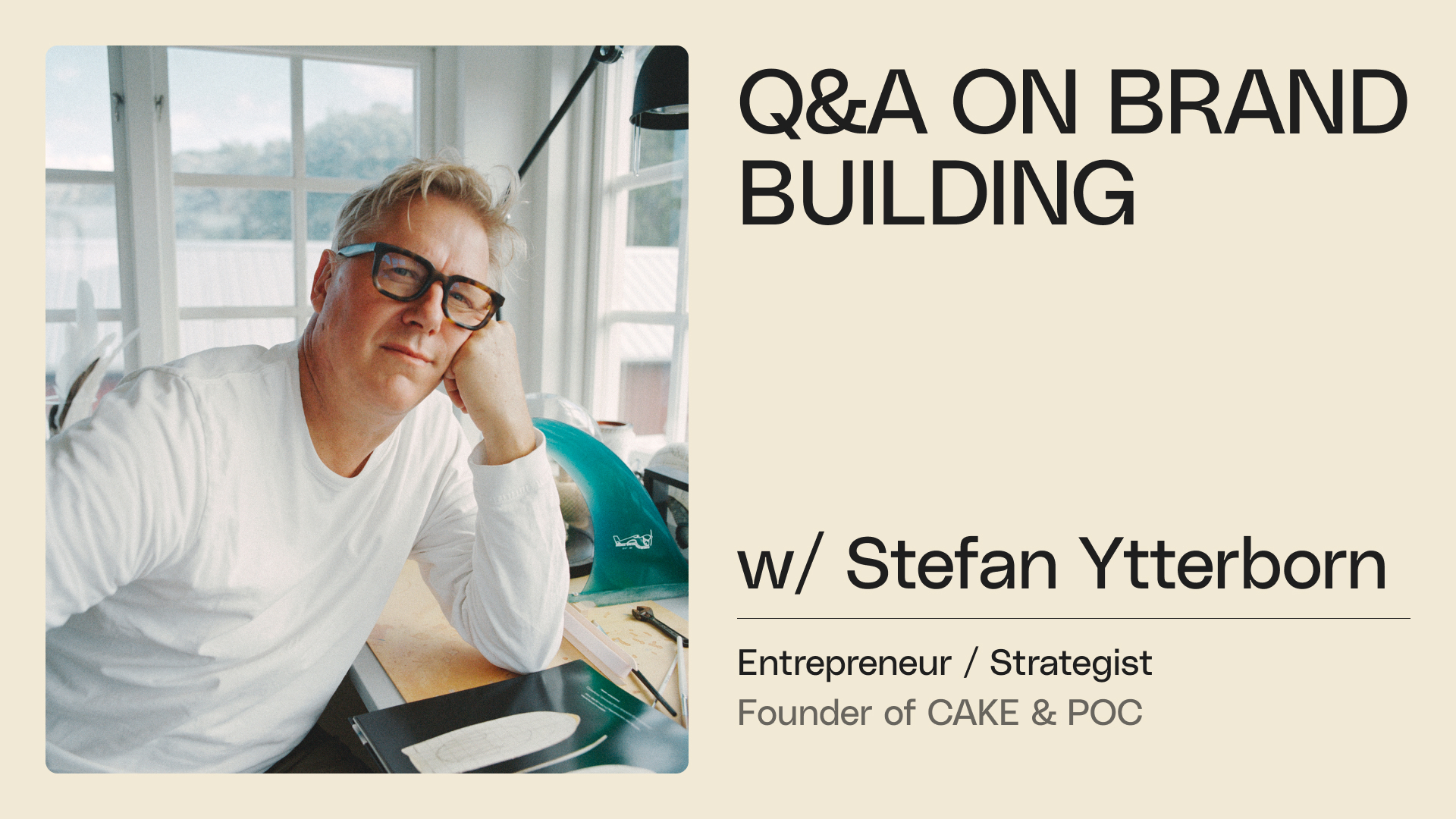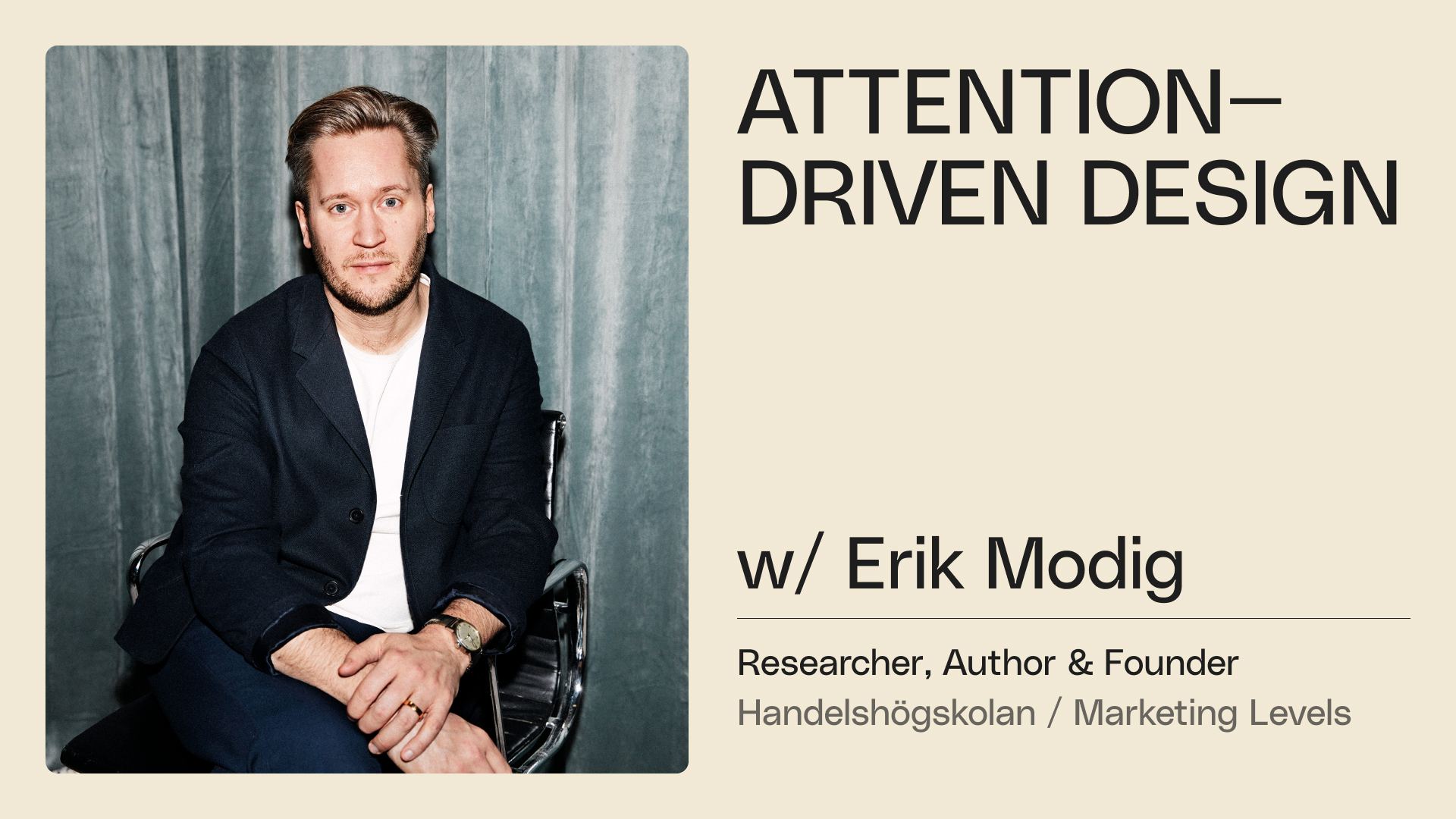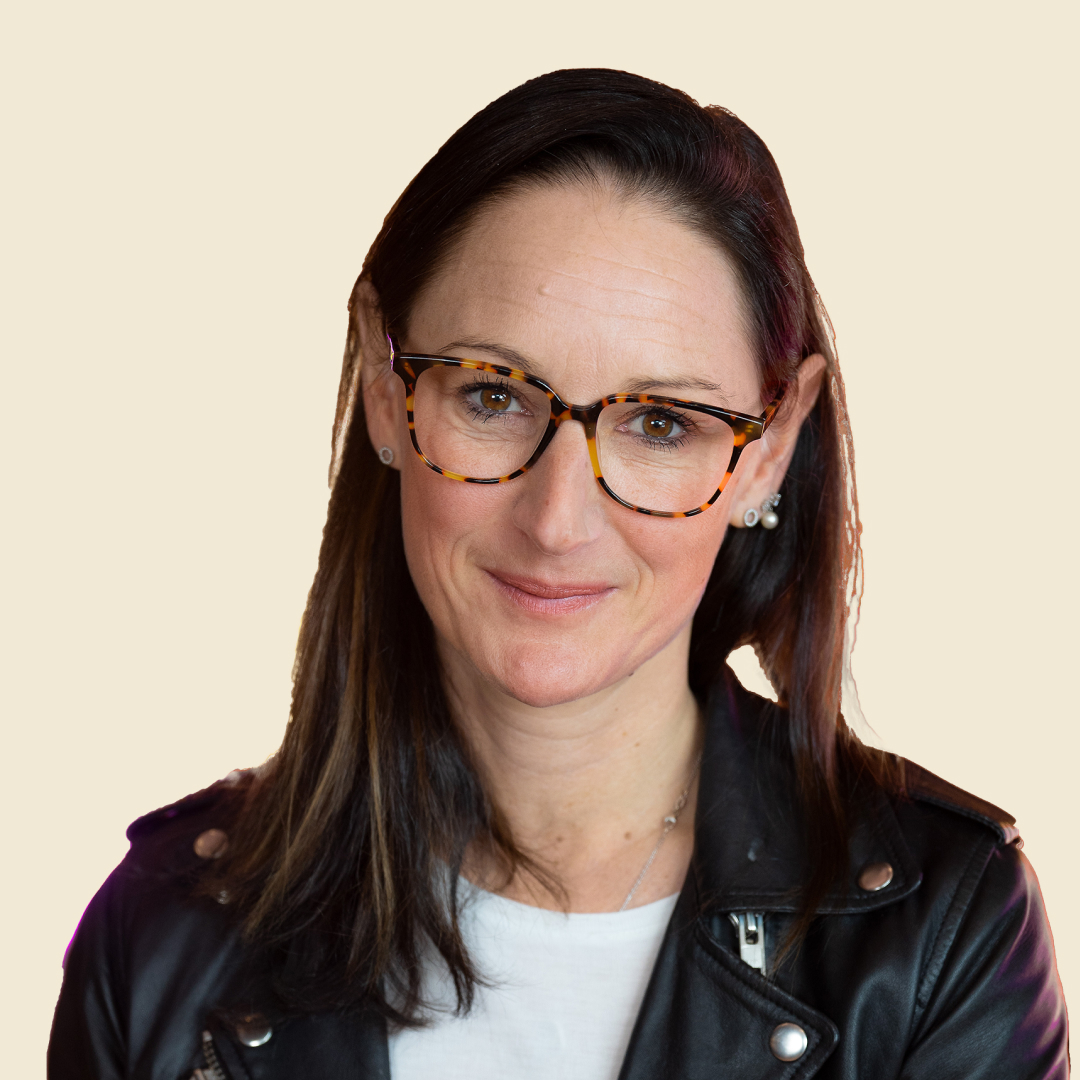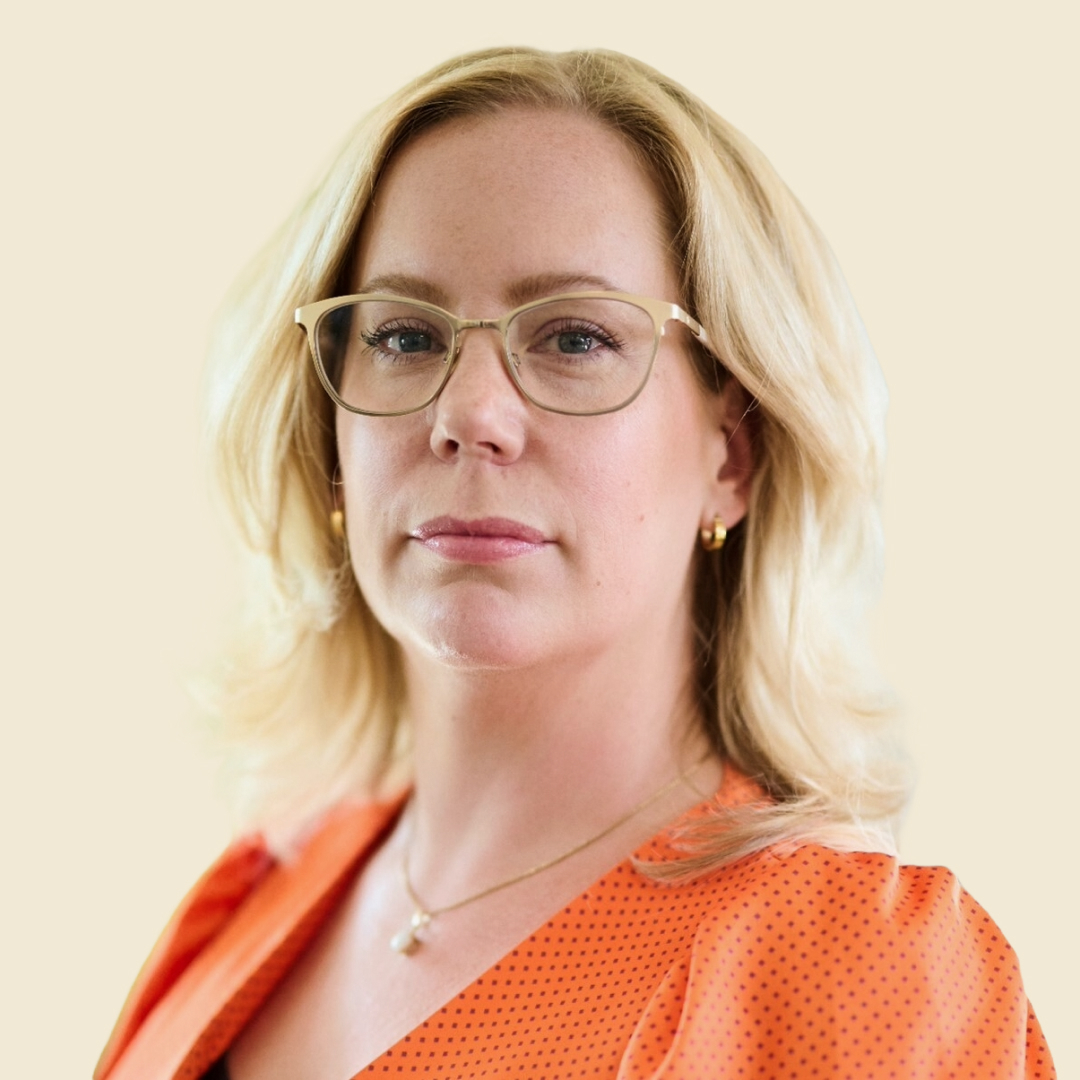Katherine Barrios’ journey into marketing started with a background in PR and communications. Early in her career, she saw firsthand how storytelling could shape a brand. Over time, she realized that great marketing required more than just compelling narratives. The real impact, she found, came from deeply understanding the product, the market, and the customer.
– I’ve seen too many marketers who can’t run a demo of their own product. If you don’t understand what you’re selling, how can you market it effectively? When you take the time to learn the product inside and out, you become a stronger advocate for it. That knowledge fuels better messaging, stronger positioning, and ultimately, a more credible and effective marketing strategy.
Her shift from PR to product marketing happened at Unit 4 Agresso, where she began working closely with sales and product teams. That experience shaped her belief that marketing should not be a standalone function but a central part of a company’s revenue engine. It also reinforced how often marketing is misunderstood within organizations, something she has encountered throughout her career.
– Many companies still view marketing as an executional function rather than a strategic one. If marketing is brought in only at the last stage—to make something look good or push out a campaign—then the real value of marketing is being wasted. Marketing should be shaping the conversation, not just amplifying it.
What do you think is the biggest misconception about marketing?
– People think marketing is about logos, swag, or just running ads for lead generation. That drives me crazy. Marketing drives commercial success, connecting revenue strategies and results. In reality, marketing plays a crucial role in short and long-term business strategy. It drives positioning and messaging, and highly influences product strategy, pricing, sales enablement, customer retention and expansion, and product-market fit. Too often, leadership only sees marketing’s output—the campaigns, the logo branding stuff—but not the underlying strategy. That’s a mistake. The most successful companies treat marketing as a core business function, not just a support team.
For Barrios, the role of marketing extends far beyond awareness. She believes it should be embedded in strategic discussions, influencing everything from pricing and positioning to long-term business growth. Marketing, in her view, isn’t just about supporting sales. It should be just as accountable for driving new and existing revenue.
– The more embedded you are in the business, the more valuable you become. I’ve always pushed for marketing to have a seat at the table in every major business decision. That means working alongside sales, customer success, finance, and product teams to ensure marketing is shaping, not just promoting, the business strategy.
The evolving relationship between sales and marketing has been another key focus for Barrios. With B2B buyers more in control of the purchasing process than ever before, traditional outbound tactics no longer have the same impact. She sees marketing and sales as two sides of the same coin—functions that must work together rather than in isolation.
– Everyone was producing content during COVID-19. The challenge now is quality over quantity. Buyers aren’t fooled by fluff, and marketing has to be more strategic than ever. Companies that still rely on mass outreach and generic messaging are struggling. The key is understanding your ideal customer profile deeply—what their pain points are, what their buying journey looks like, and when they’re in the market for a solution. That’s where sales and marketing alignment comes in. When those two functions work as a single motion, targeting becomes much more effective.
She believes that sales and marketing teams should be fully aligned, operating with a shared goal rather than as separate entities. The days of marketing simply generating leads and passing them off to sales, she argues, are over.
– There’s no such thing as an inbound or outbound-only strategy anymore. It all needs to work together. Marketing should be involved in pipeline discussions, account strategy, and customer expansion plans. If marketing is only focused on filling the top of the funnel, they’re missing half the picture.
What makes a great marketer?
– Someone who deeply understands their product, their customers, and their role in driving business growth. The best marketers aren’t just creative. They’re analytical, strategic, and unafraid to challenge assumptions. They ask the tough questions: Are we targeting the right buyers? Are we solving the right problems? Are we positioning ourselves effectively? A great marketer is also adaptable. Markets shift, trends change, and what worked yesterday won’t necessarily work tomorrow. The ability to pivot, test new ideas, and iterate based on data and sometimes gut is what separates good marketers from great ones.
Looking ahead, Barrios predicts that marketing strategies will shift away from volume-based approaches and focus more on precision and impact. The industry, she believes, is moving toward a “less is more” mindset. Fewer but better initiatives, with a stronger focus on revenue contribution and a tighter alignment between marketing, sales, and customer success, will define the next phase of growth.
– We’ve been in a ‘more is more’ era for years. More content, more outreach. But I think we’ll see a shift to ‘less is more.’ The companies that win in the coming years will be the ones that double down on, relevance, and precision.
What advice would you give to a newly appointed CMO?
– Be patient, but persistent. Educate your team, your leadership, and the market. Stick to what you believe in. The first few months in a CMO role are crucial. It’s easy to get caught up in short-term demands, but you need to take a step back and define your long-term vision. What do you want marketing to accomplish in this company? How will it contribute to revenue growth? What gaps exist today that need to be filled? The best CMOs don’t just execute. They shape the company’s trajectory. That takes patience, influence, and a willingness to push for change, even when it’s uncomfortable.
